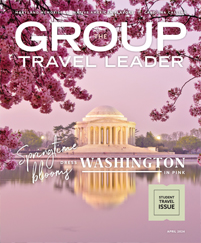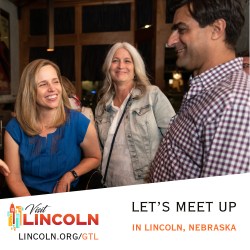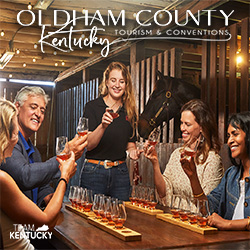Sometimes, a story is worth a thousand pictures.
The civil rights movement was full of bravery, innovation and remarkable people who reshaped the history of the country. And while many museums and historic sites offer exhibits and galleries that tell those stories through artifacts and photographs, some go a step further with personal, oral histories shared by those who bravely navigated those turbulent times.
In special places throughout the South, participants in the civil rights movement can meet with groups to tell their own stories of courage. These intimate, authentic encounters immerse visitors in the history of the movement and demonstrate how the events of the past influenced the cultural, social, economic and political landscapes in which we live today.
The Civil Rights Room and Collection
Nashville, Tennessee
From voter registration drives to nonviolent sit-ins at segregated businesses and other campaigns, Nashville citizens have always united at the grassroots level of the civil rights movement.
It was there that Martin Luther King Jr. spoke at historic Fisk University in 1960, the day after an estimated 5,000 people, primarily students, marched in silence to City Hall to protest the early morning bombing of the home of a local black councilman and attorney.
At the downtown branch of the Nashville Public Library, visitors will find the Civil Rights Room and Collection, a stunning state-of-the-art, multimedia assemblage of important Nashville places, personalities and events from the movement’s heyday. The library also offers a special speaker series called Civil Rights and a Civil Society: The Stories Behind the Room at the Nashville Public Library. There, tour groups can listen while local movement veterans share personal on-the-ground accounts of their integral roles in changing the narrative on race and inclusion in this country.
Among them is Ernest Rip Patton, a native of Nashville who was a music education major at Tennessee Agricultural and Industrial College, now Tennessee State University. In his oral histories, Patton recounts numerous social challenges he and his peers faced at the time.
“We were called colored people then, and colored people were accustomed to knowing they could go downtown but only do certain things,” he said. “I could go to different stores and do my shopping for clothes, but I could not try them on to see if they fit. At those stores that had lunch counters, I could not sit down and eat. I could spend money [downtown], but they did not have all of the amenities that whites had.”
Groups eagerly soak up Patton’s stories about his involvement in the Student Nonviolent Coordinating Committee, commonly known as SNCC — pronounced “snick” — an organization of young people actively assuming roles in civil rights movement leadership.
“We were taught about nonviolence by a student at Vanderbilt Divinity School that had been in India as a missionary studying under Gandhi,” he said. “Through him we were taught how to protect ourselves, how to go about demonstrating, what to do if you were hit or spat upon, or if somebody said something to you, and how not to fight back.”
Because of SNCC’s efforts, Nashville became the first city in the South to desegregate its lunch counters, popular gathering places found in many cities that were accessible only to whites.
Groups there can also explore the moving centerpiece: a circular table symbolic of the lunch counters that features a timeline peppered with over 100 significant civil rights milestones. There is also a special audio/video area that offers a variety of short civil-rights-themed documentary films.










